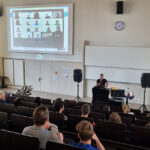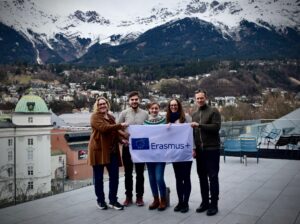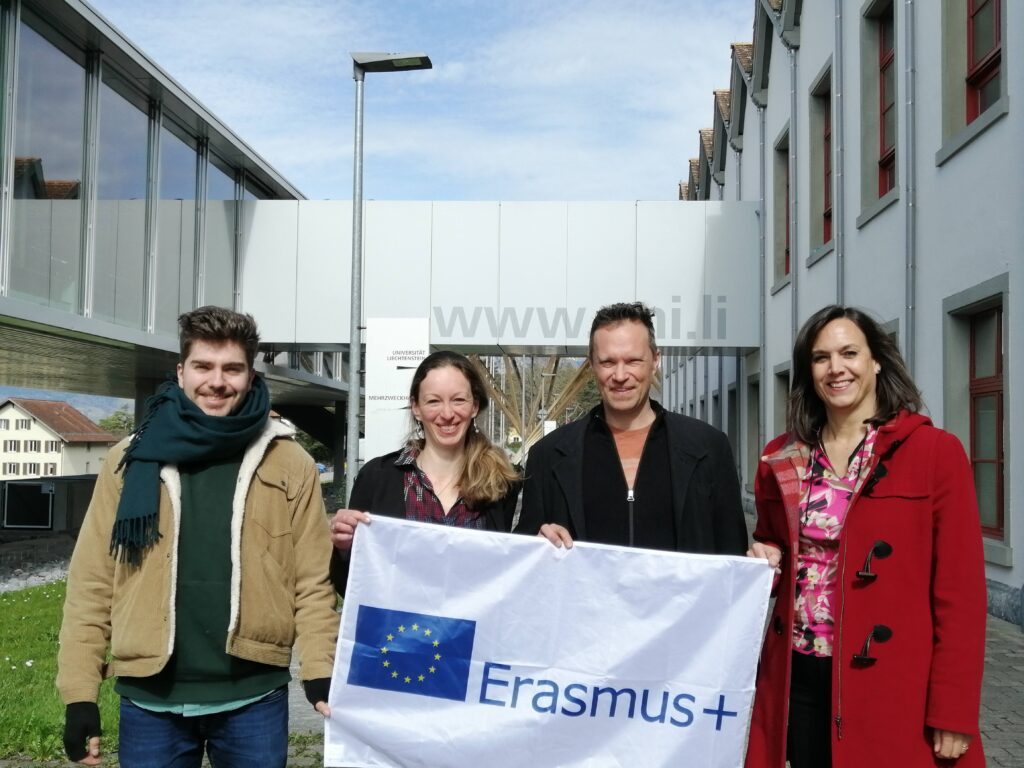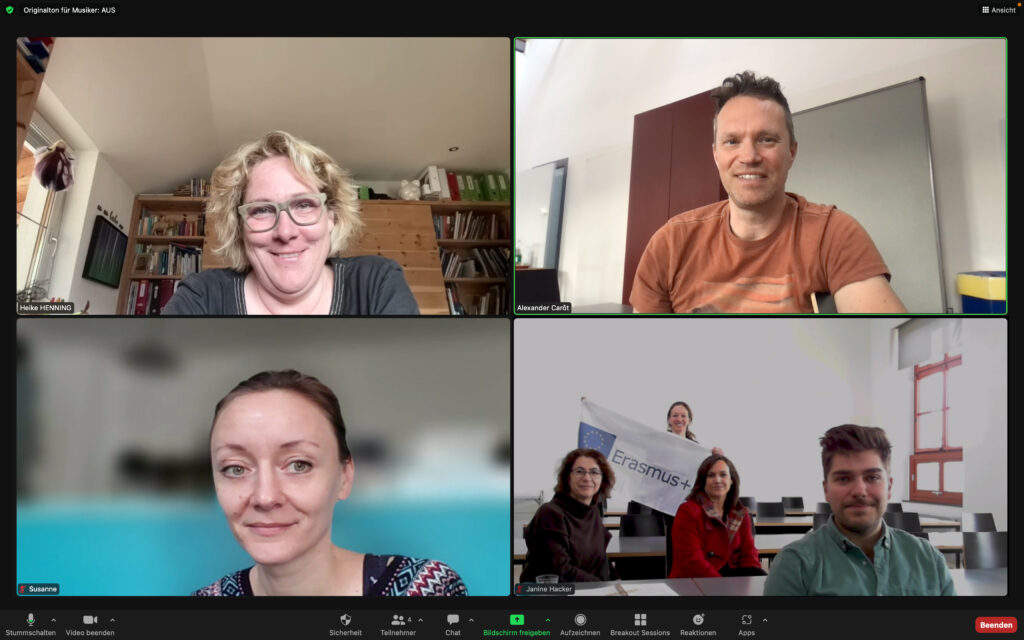The Choir@Home project proudly presents its second Christmas video just in time for the festive season. „Jouluhymni“ was rehearsed under the musical direction of Markus Rohregger and sung by the participants of the laboratory choir in just a few rehearsal hours.
The special thing here too: Once again, the participants in the laboratory choir were „only“ connected digitally and took on the challenge of singing together in a choir with headphones, microphones and latency-reducing technology. The aim was to find out what hurdles are involved in this type of music-making and to test how choirmasters can proceed pedagogically when a choir has to interact without personal conducting. The results are impressive! See for yourself with our video. It is not only possible to produce a wonderful harmony, but also to create joy, cohesion and a sense of togetherness that is only slightly inferior to a presence choir.
The prerequisite is without question a technical openness, which all participants in the choir demonstrated with enthusiasm and commitment. Full of commitment and within just six sessions together, a complex choral ensemble was created that was able to tackle difficult pieces. „Jouluhymni“ also stood out as a Finnish Christmas carol with another language barrier that the digital choir had to overcome.
Everyone involved in the project is proud of the great video and is grateful for the choir’s work and willingness to explore new choral possibilities in an unusual way.
We would like to thank all the participants in the laboratory choir and wish them a happy and peaceful Christmas season.
Dr. Janine Hacker, Prof. Dr. Heike Henning, Prof. Dr. Alexander Carôt, Markus Rohregger, Eva-Maria Leeb and Susanne Häfner



















